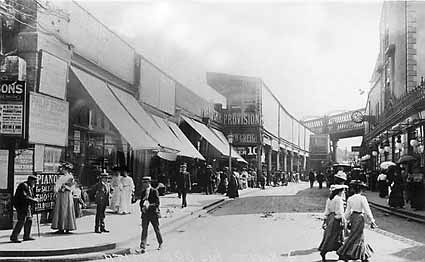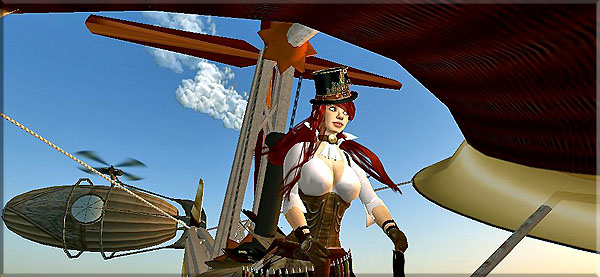 THE INQUEST
THE INQUESTMr. G.P. Wyatt, the Coroner for the Southern District, opened the inquiry into the circumstances of the woman's death to-day.
A boy with a blank dead wall of a face lumbered heavily into the witness box.
He was Robert W. Burgess, the son, who on going into the front room in the early morning, stumbled over the corpse of his mother lying in her nightdress behind the connecting door, between the bed and the door that led from the front room to the passage.
With many a halt and stumble he told how his mother "sometimes did mantle-making, but not often;" how, in spite of the fact that she did little or no work, she was able to pay the rent and provide him with food; and how he last saw her alive at ten minutes to eleven on Friday night, when she went out showily dressed, saying that he was to sleep, and not stir from the next room.

"She often went out at that hour nearly every night," he added, and his head drooped. "That was the last time I saw her alive." At this juncture a post-card, received by the deceased woman and found in her room at the time of the discovery of her body, was handed by the coroner to the witness.
Yes he recognised the postal-card. He had seen it in her room on Friday. This card, which is more than likely to have an important bearing on the result of the investigation, told of rooms in Lime Street, Brixton, engaged by the writer for Mrs. Waknell, was signed, "With you last night."
 The date on the postcard (Friday) made it clear that the writer had been in Mrs. Waknell's company twenty-four hours before the murder. Harriet Burgess, the daughter of the dead woman, told briefly of the relations that that had existed between her mother and step-father.
The date on the postcard (Friday) made it clear that the writer had been in Mrs. Waknell's company twenty-four hours before the murder. Harriet Burgess, the daughter of the dead woman, told briefly of the relations that that had existed between her mother and step-father.For five years Mr. Waknell had lived with her mother, occupying the position of a shop-walker, and had continued in work until her mother inherited money, when he gave up his situation. "Constantly quarrelling" was the witness' reason of the cause of the final separation.
"Was Waknell left-handed?" said Mr. Wyatt, breaking in upon Miss Burgess' graphic account of a domestic fight between Waknell and her mother. The significance of the coroner's question is evident in view of the fact that the wound in the throat runs from left to right, and had therefore been inflicted with the right hand, a circumstance which would support a theory of suicide.
Miss Burgess replied, "I often saw him strike my mother, but I cannot say that he was not left-handed." And the jury by their questions supported the girl in her inferential suggestions against Waknell, blissfully unaware that he had already surrendered himself to the police and fully and satisfactorily accounted for his movements at the time of the murder.
The evidence given by Dr. Frederick Fielder completely disposed of any lingering theory of suicide. "The wound in the heart, which was the fatal wound," he said, "could not have been self-inflicted."
Finally, Cornelius Crayford, a police-constable, swore that he had met the deceased in the Effra Road going in the direction of her home. "Generally she had a man with her," said the policeman. "This time she was alone and sober." "Murdered by some person or persons unknown." said the jury, and thus for the present the case stands.
The Police on Monday arrested a man on suspicion of being connected with the tragedy. The outside of his shirt-cuffs -- especially the right one -- it is stated, bore bloodstains, and there was blood on his night-shirt and the sheets of his bed.
It is stated that the man arrested is known to have been intimately acquainted with Mrs. Waknell.
See Brixton Water Lane photos





2 comments:
*sniffs* This Mrs. Waknell seems like a loose woman.
Indeed. They give us clues to her possible fallen condition...the fact that she "went out lat at night" and in going out she was also "showily dressed"...soiled dove I am thinking.
Post a Comment